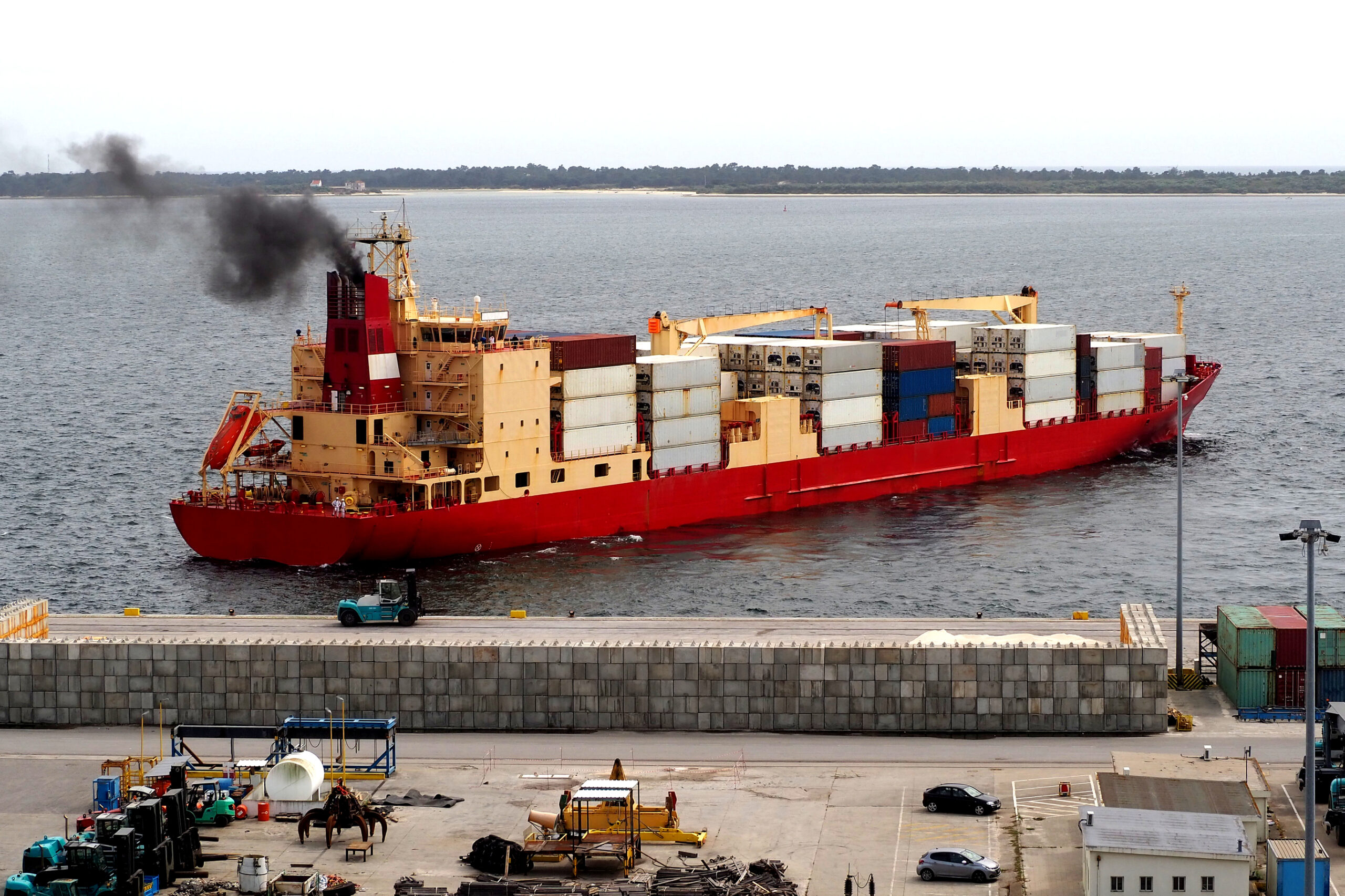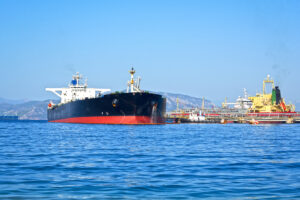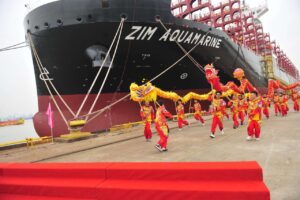Shipowners continued to invest for a future of lower emissions in 2024, with 600 vessels capable of using alternative fuels ordered until December 13, according to classification society Lloyd’s Register (LR) on Thursday, January 2.
The new orders grew the total orderbook by more than 50%, to 1,737 vessels.
The in-service alternative-fuelled fleet also grew strongly, up 18% to 1,860 vessels. Combined with current orders, the fleet will stand at 3,597 – around 4.8% of all vessels in service and on order.
But with the IMO’s 2030 target on zero and near-zero emission energy use crossing the five-year horizon, orders will need to accelerate further to meet the required 5-10% of shipping’s energy consumption.
“These numbers show the significant effort the industry is making to reach net-zero emissions,” said James Frew, Business Advisory Director, at LR.
“As the maritime transition towards decarbonisation advances, the next steps will require greater alignment between industry ambitions, regulatory measures and, crucially, incentives to rapidly grow global production capacity for the alternative fuels shipping will need.”
Methanol-fuelled vessels led the way amongst new fuels, with 119 orders adding more than a third to the existing orderbook.
Ammonia-fuelled vessel orders more than doubled compared to the previous year, to 22 vessels.
As illustrated in LR’s Fuel For Thought report on ammonia published in March 2024, securing the safety of ammonia-fuelled ships through design, training and regulation will be crucial to maximise any opportunity for decarbonisation.
Hydrogen fuel also consolidated its appeal within relevant vessel segments, with orders for 12 more vessels in 2024.
However, amid strong development across the industry, there remains deep uncertainty about when zero- or near-zero emission fuels will be available, and at what cost.
The LR Maritime Decarbonisation Hub’s (MDH) latest Zero Carbon Monitor in October 2024 listed supply and infrastructure as a priority action to improve readiness for future fuels.
The report noted: “A key factor in vessel investment decisions is confidence in future supply of fuel. To reduce uncertainties and accelerate investment decisions at the ‘ship’ stage, stakeholders across the entire value chain must work together to create supply chains for future zero (or near zero) carbon fuel uptake.”



